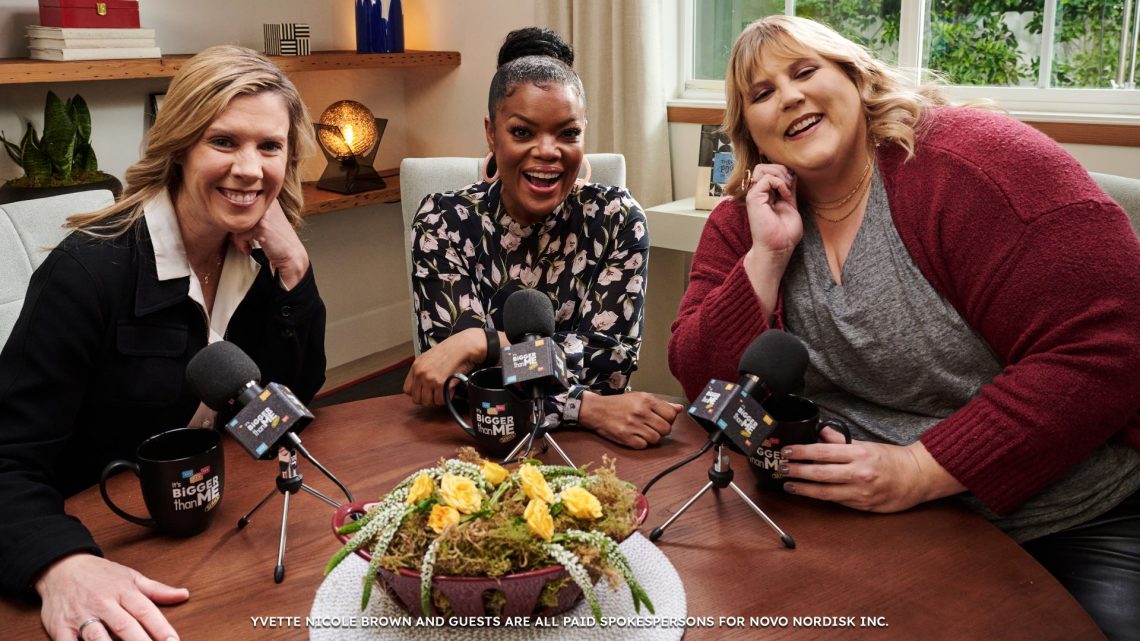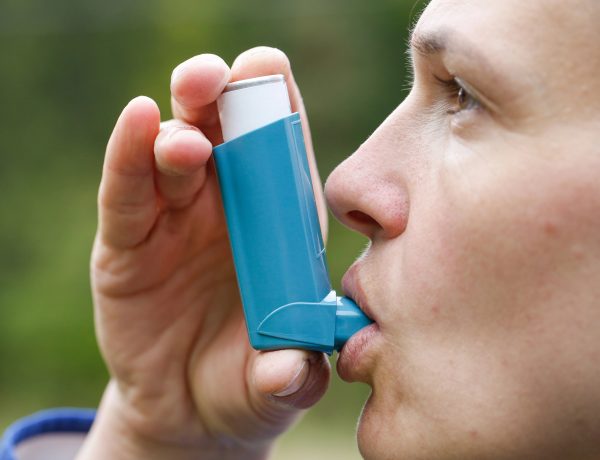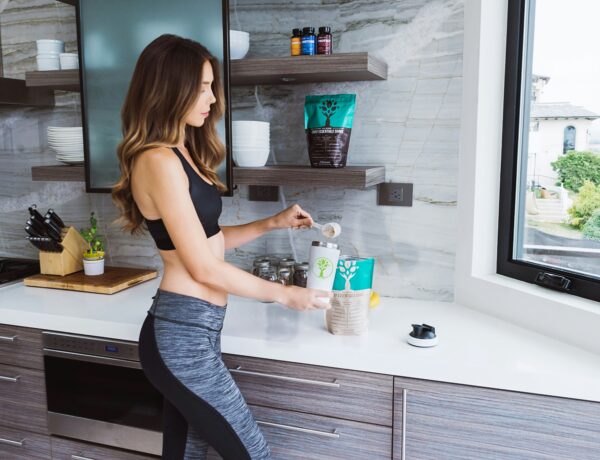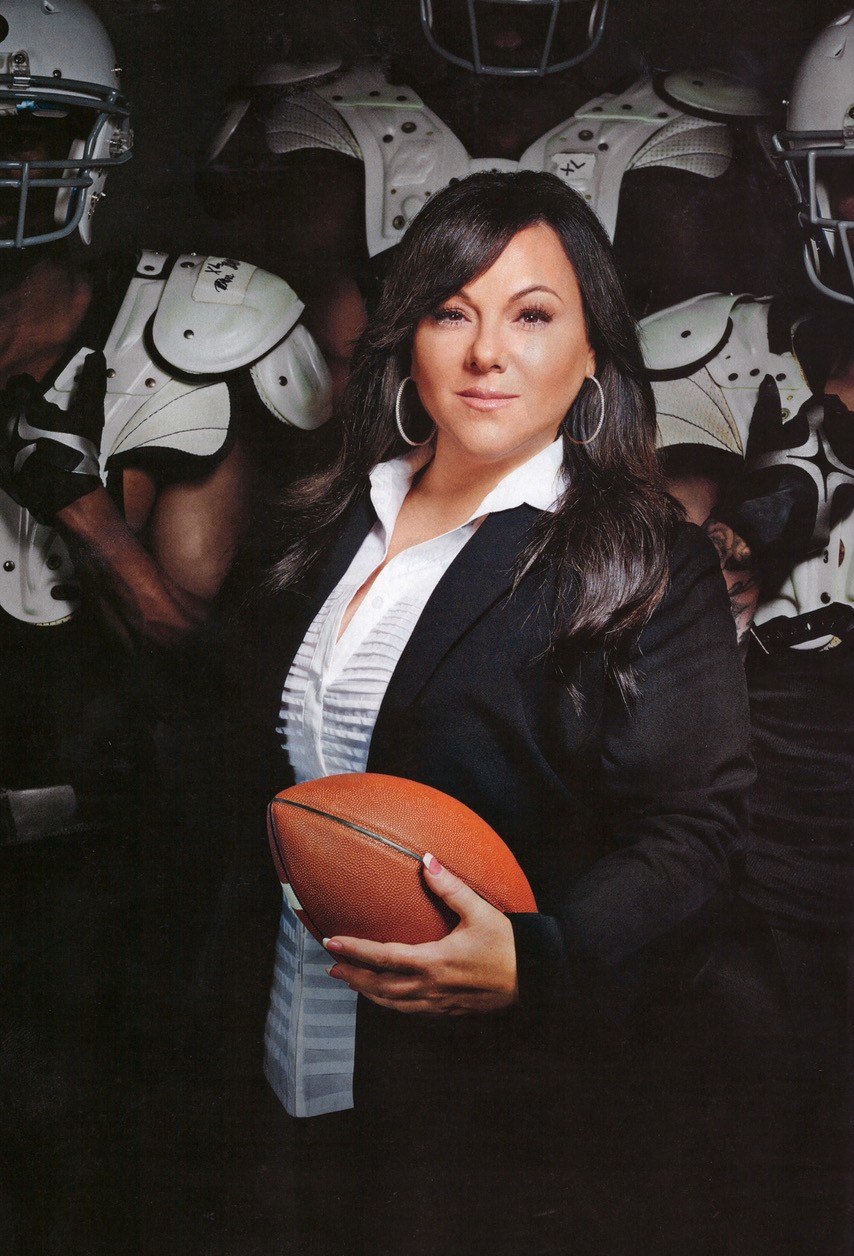Yvette Nicole Brown is on a mission to revolutionize how we view our bodies. It’s a journey of love and justice for her childhood self. “It was hard,” she admits. “I came up in the seventies and back then, there was only one body type that was allowed. And then also growing up as a Black kid in the seventies, you just really were told in a thousand different ways that it’s not you.” Not to say that that girl had any issues with standing her ground. “When I was in middle school, I decided that I wasn’t going to let anybody else tell me that I wasn’t enough. I was going to decide that I was enough. I carry that same energy into everything I do in this industry. I think that if more of us fought against what society says we should be, we’d all be a lot happier.” There’s a radical reclamation in asserting your right to your own space even when everyone else is telling you that you don’t deserve it. “What if we all told the cool kids they were wrong? What if we did that? What if we all told them ‘You’re wrong about me and you’re wrong about Sally and John, and we’re actually just as good as you?’ Just imagine if we all rose up and did that. The whole world would change. Because why do they get to decide?” This becomes even more crucial in the context of body image. Yvette has launched her “It’s Bigger Than Me” initiative as a means to amplify this truth. “It’s basically taking back our power and saying, ‘Just because our bodies don’t look the way you think they should look, that doesn’t mean that we don’t have value and that we don’t matter.’ This is what this initiative is all about, taking back the narrative and deciding. We decide. We decide.”
She will host a series of video panel discussions aimed at offering a practical perspective on obesity beyond social conditioning. “We’re talking about the need to go to your doctor to talk about the disease. We’re talking about dealing with shame. We’re talking about the body positivity movement and how living with obesity dovetails with that. And how choosing health doesn’t mean that you’re not body positive. It all comes together, but it begins with cutting yourself some slack and redefining your work based on what you know.” The first step involves untangling the web of lies that those who experience obesity tell themselves and internalize from those around them. We must interrogate those narratives to reimagine a future abundant with self-love. “There’s a lot of shame that those of us that are dealing with obesity and living with obesity put on ourselves,” Yvette reflects. “Obesity is a disease. Those of us that are living with it spend a lot of years talking bad about ourselves. ‘Why can’t you just get yourself together? Why can’t you just be like everybody else?’ and so on. ‘It’s Bigger Than Me’ is telling all of us that are marginalized to love yourself more. Don’t let them tell you what you are, and don’t you tell you what you are. You’re bigger than all of it. It’s bigger than all of it.” Our souls radiate independently of our external appearance. “This is the thing: these are the bodies we are given. I have nothing to do with how I process insulin. I have nothing to do with how my body processes fat. So then it becomes, what am I really? Because this is just packaging, right? When I get some delicious potato chips, I don’t care about the packaging. It’s what’s in the bag, right? What’s in the bag is what matters. And what’s in the bag is our spirit. And if we can get more people to focus on that instead of the packaging that we’re put in, think of how much better the world would be?”
We need to challenge the perceived correlation between weight and health. “You’re not automatically healthy if you lose weight and you’re not automatically unhealthy if you’re overweight. The whole point of the ‘It’s Bigger Than Me’ initiative is to recognize obesity as a disease. First, go to the doctor to see if that disease is negatively affecting your body. It’s all about your body. It’s an individual thing. It’s not one size fits all. So someone could be healthy at 120 pounds or healthy at 220 pounds. It all depends on what your body is doing. So what the initiative is saying is, just find out what your body’s doing and get help if you need it.” We must also recognize the cultural intersections of obesity. “Obesity affects Black people greatly. With the amount of health problems in this country, people of color are often hit the hardest. It’s important to realize that two out of five Americans are living with obesity. A lot of those are people of color. A lot of those are marginalized people. So we have to get the message to them in particular that it’s a disease so that they can take it seriously and actually get the help that they need. Because it’s life or death for a lot of people. It truly is.”
Yvette and her guests will be breaking down proactive management of health at any size, as well as a frank and open discussion of obesity. “We’re teaching people, how do you talk to a doctor about it? How do you get over your trepidation about talking about things? How do you get over the shame you may feel about your size? All of that stuff is discussed. We have influencers and doctors coming on. We also are just trying to create a space where anyone that is living with obesity or loves someone who’s living with obesity or has questions about what it’s like to live with obesity, all of those bells are being rung on the website and in the series.” In unabashed honesty and authenticity, we can always find the antidote to isolation and discrimination. As Yvette reminds us, our agency is our greatest asset. Once we live proudly in our own power, we are simply unstoppable. World Obesity Day is March 4th and the “It’s Bigger Than Me” series premieres March 8th.
Read more Celebrity Interviews on ClicheMag.com
Yvette Nicole Brown Dismantles Obesity Stigma with “It’s Bigger Than Me” Series. Photo Credit: Courtesy of “It’s Bigger Than Me.”





